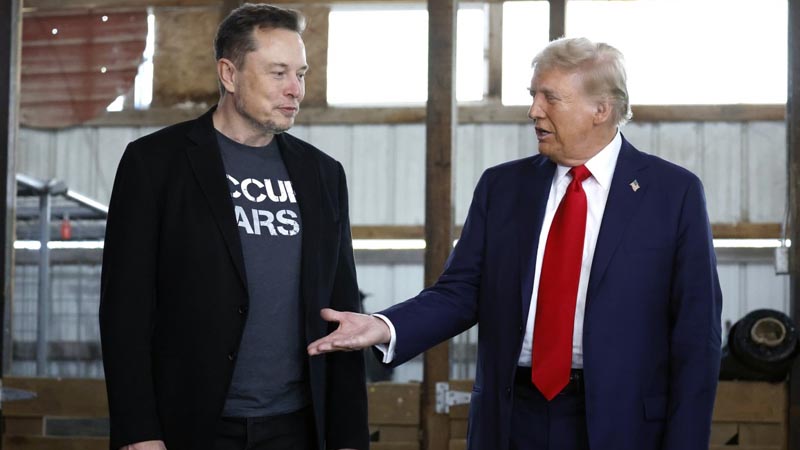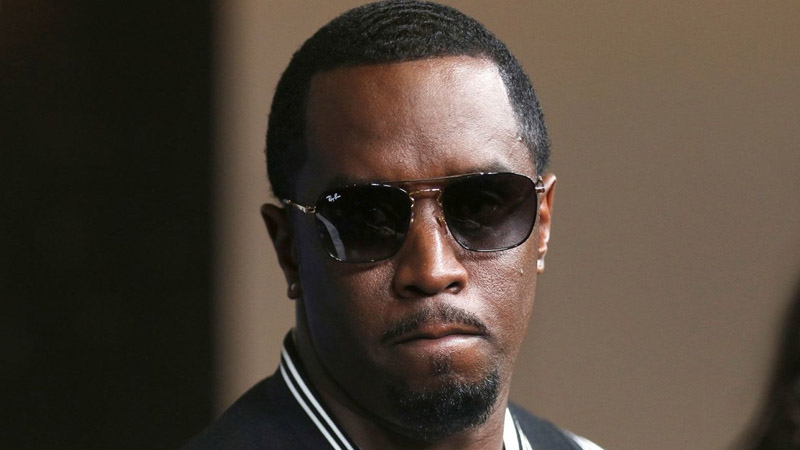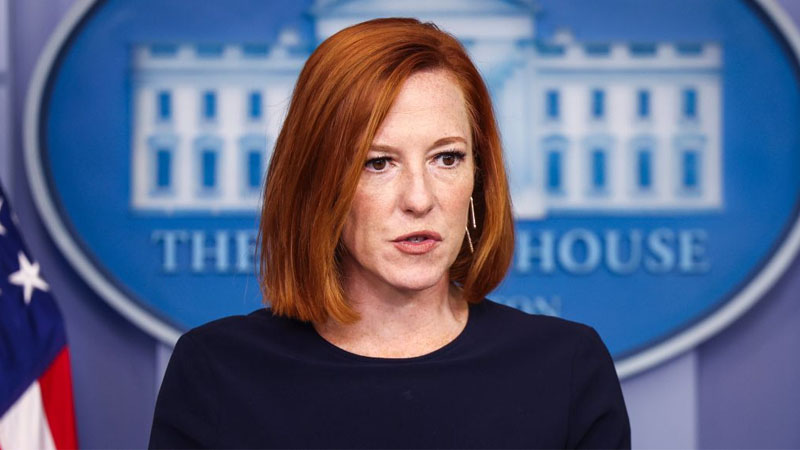Lauren Boebert Caught in Vaccine Conspiracy Theories After Medical Emergency

(Tom Williams/CQ Roll Call file photo)
Representative Lauren Boebert (R-CO) recently found herself at the center of a storm stirred by COVID-19 vaccine conspiracy theorists after undergoing emergency surgery. The surgery was necessary to remove a life-threatening blood clot, an incident that quickly became fodder for speculation among some groups online.
The Colorado Times Recorder’s Jason Salzman reported that following the surgery, there was rampant online speculation suggesting that Boebert’s health emergency was caused by her receiving a COVID-19 vaccination. This theory was echoed across various social media platforms and forums, where some users claimed a direct link between the vaccine and the formation of blood clots.
In an effort to address these rumors, Boebert spoke with local radio host Jay Dee. During the interview, she categorically denied these claims, stating that they were unfounded. She further reminded her listeners that she aligns with the anti-vaccine movement, reinforcing her stance against the widespread narrative pushed by health organizations worldwide.
Boebert’s medical emergency and her subsequent denial of the vaccine conspiracy theories come at a challenging time for the congresswoman. She recently faced a narrowly won re-election during the 2022 midterm elections and has been dealing with the fallout from a scandal that involved allegations of inappropriate behavior during a theater outing.
“I’m not COVID vaxxed. So we can we can squash those rumors now,” said Boebert.
“Throughout the pandemic, Boebert repeatedly slammed efforts to control the virus, baselessly calling federal health officials ‘needle Nazis,’ saying that half of COVID relief funds would fund abortions, and lashing out at public health officials,” noted the report. Ironically, however, Salzman added, rather than for vaccine recipients, “blood clots continue to be a concern for people who contract COVID” — and typically the worst symptoms of the COVID vaccine are just fatigue and muscle pain that clear up within a couple of days.
Amid these personal and political pressures, Boebert is reportedly considering a move to a more conservative district in Colorado, potentially seeking a fresh start in a new political environment. The incident with Boebert highlights the broader issue of how quickly health-related conspiracy theories can spread, especially among public figures.
Vaccine conspiracy theorists have gained a significant platform in recent years, particularly in the wake of the COVID-19 pandemic. These groups often seize on the medical incidents or deaths of well-known individuals, attributing them to the COVID-19 vaccines without any scientific evidence. For instance, the recent death of the former football star O.J. Simpson from prostate cancer at age 76 also fell prey to similar baseless speculations.
Alex Jones, the controversial webcaster from InfoWars, was quick to associate Simpson’s death with the COVID vaccine, claiming an increase in what he referred to as “Turbo Cancers” — a term not recognized by any medical community. Jones used this moment to reiterate his previous warnings about the vaccine’s supposed risks, despite a lack of scientific backing.
These instances underscore the challenges faced by public figures in navigating their health crises under the public and media microscope, particularly when intertwined with the pervasive influence of conspiracy theories. They also reflect the societal impact of misinformation, as it not only affects individuals’ beliefs and behaviors but also undermines public trust in legitimate medical science and expert guidance. As Boebert continues her career, how she manages this blend of personal health issues and public conspiracy narratives will likely continue to be a point of focus and controversy.


